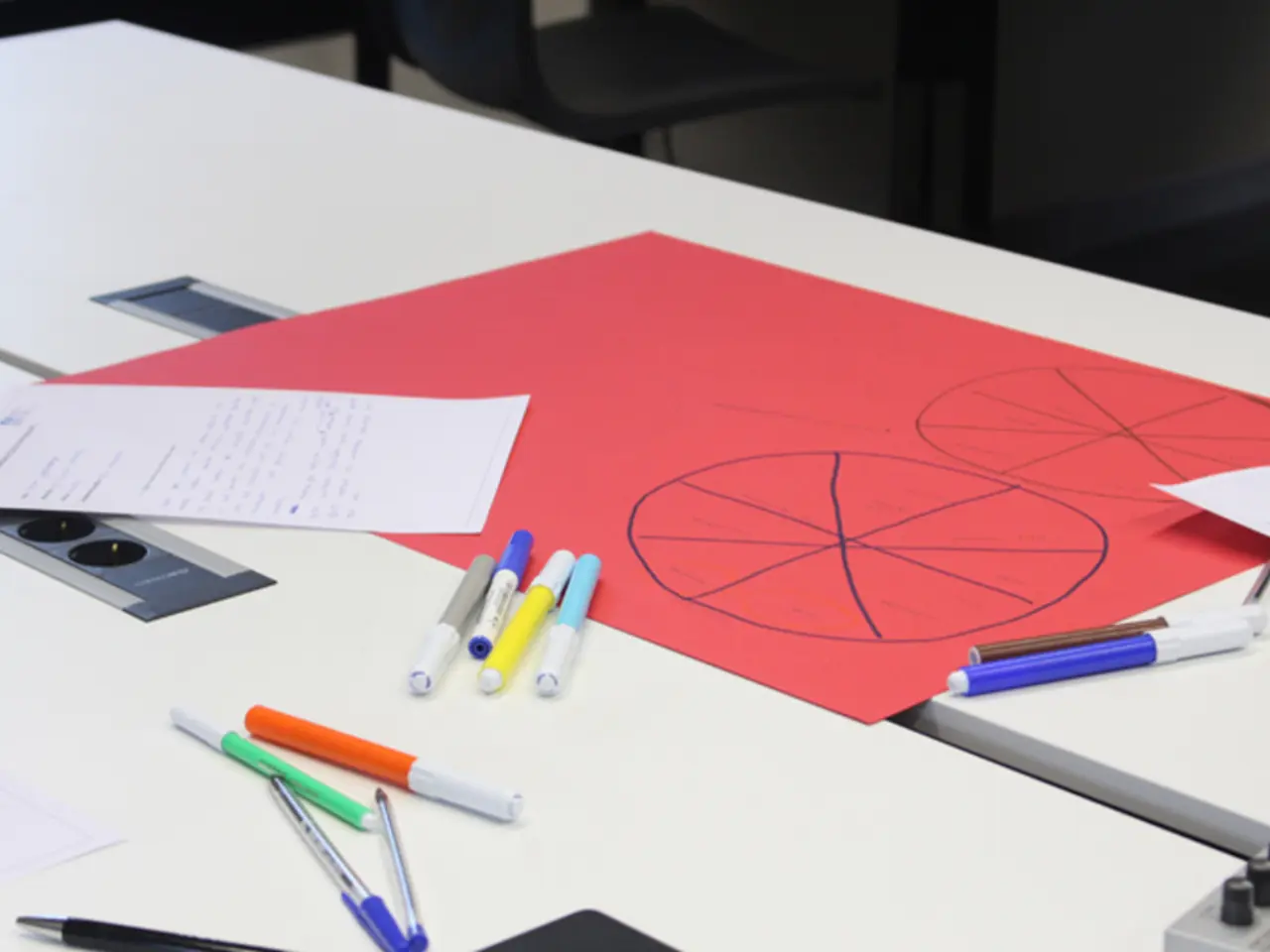Navigating Tough Choices: Strategies for Decision-Making
Challenging Decisions: Exploring Useful Techniques for Difficult Choices
Got a difficult decision to make? You're not alone. Life throws curveballs, and sometimes they require complex, multifaceted answers. The experts speak out on how to tackle those moments!
Decisions can come in various shades of complexity, ranging from that quick "coffee or tea?" question to the life-altering decision to move to a new city or quit a job.It's the latter kind of decisions that often leave people second-guessing themselves.
"Most people fear the repercussions of a decision, not the decision itself," says Prof. Florian Artinger, head of the Berlin-based firm Simply Rational. He illustrates this with the example of someone contemplating relocating for a new job. There are several factors at play:
- Will my family adjust to the move?
- Will I miss my current friends?
- Is the new city offering the lifestyle I desire?
- Is the potential payoff worth leaving my comfortable life behind?
So, what's the silver lining? "It's the consequences that cause fear, not the decision itself," says Dorothee Ellerbrake, a systemic family counselor with her own practice in Düsseldorf.
When faced with these kinds of decisions, there are several methods that can help ease the process. Here are some popular strategies:
Pro and Con Lists
A simple but effective technique is to create a classic pro and con list, says Florian Artinger. Jotting down the advantages and disadvantages provides clarity on the various factors that influence the decision.
Intuition and Emotional Intelligence
Forcing yourself to listen to your gut feelings is essential. What does your intuition say about the change? It takes time to fine-tune your intuition for these tough calls. Regular breaks during your daily routine and introspection can help you connect with your gut feelings.
Imagining the Future Scenarios
By envisioning the respective future scenarios, for both staying put and moving forward, we can get a sense of what lies ahead. This mental exercise can help us weigh the pros and cons more thoroughly.
Value-Free Perspectives
Listening to the opinions of friends and family can be beneficial, but relying solely on them may not always provide an objective view. In a critical situation, seeking the perspective of a neutral third party can help bring clarity to the matter.
Ultimately, every decision carries some risk, and avoiding poor choices is impossible. The key is to gather valuable tools and strategies to make the best possible decisions and embrace the uncertain journey of life.
[1] Kirillova, A., & Yudin, D. (2016). Decision making techniques: an overview. Procedia - Social and Behavioral Sciences, 247, 450–456.
[2] Olsson, H., & Drew, P. (2010). Decision making. The Stanford Encyclopedia of Philosophy.
[3] Renger, K. S. (2016). Delphi method. In K. S. Renger (Ed.), Encyclopedia of social sciences and consumer sciences (pp. 538–540). Springer, Cham.
[4] von Winterfeldt, A., & Edwards, W. (1986). Bayesian decision analysis. John Wiley & Sons.
[5] Artman, T., & Pradhan, S. (2020, June 19). The 7 Types of Decision Analysis Tools. Forbes.
In the face of complex decisions that may impact one's personal growth and education-and-self-development, strategies such as creating pro and con lists, relying on intuition, envisioning future scenarios, considering value-free perspectives, and seeking expert advice can provide a clearer pathway. Embracing these techniques will facilitate vocational training and progress, promoting overall community policy and individual success.







